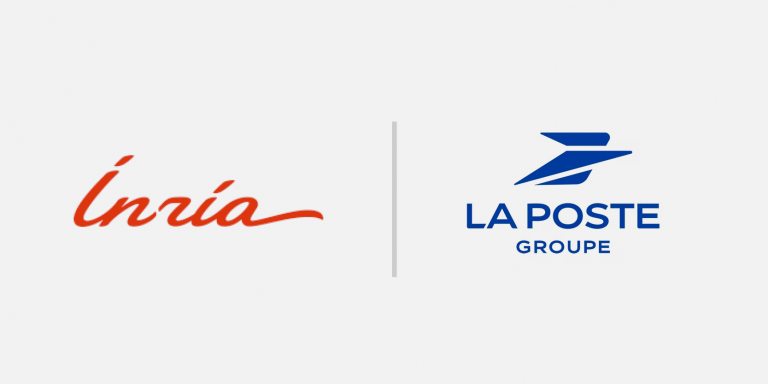
In March 2021, Inria, the Inria Foundation and the La Poste Group signed a sponsorship agreement for a responsible digital society. It is within the framework of this partnership that the Fed-Malin (Federated machine learning over the Internet) challenge was launched, an Inria challenge co-sponsored by researchers Aurélien Bellet and Giovanni Neglia, whose objective is to advance research on federated learning and develop concrete use cases.
Data are essential to the development of ML models. The more data there is, the more likely it is to lead to significant advances in many fields, including health. However, it raises questions about privacy, costs and risks related to the centralization and transmission of large volumes of data.
Federated learning can provide an answer to these problems: it can connect to decentralized multi-party datasets and create AI models without data pooling. In addition, it can be combined with privacy protection techniques to prevent sensitive information from being revealed during learning.
The Fed-Malin R&D project
This project aims to advance research on federated learning by addressing a number of challenges that arise when it is deployed on the Internet, including privacy and fairness, energy consumption, personalization, and temporal and spatial dependencies.
Ten project-teams from the Institute and its partners are involved: Coati (CNRS, Inria, UCA), Comete (CNRS, Inria, IPP), Dyogene (CNRS, Inria, PSL), Epione (Inria), Magnet (CNRS, Inria, U. Lille), Maracas (Inria, INSA Lyon), Neo (Inria), Spirals (CNRS, Inria, U. Lille), Tribe (Inria), and Wide (INria, U. Rennes).
Located in the Inria centers at the University of Côte d’Azur, the University of Lille, the University of Rennes, Paris, Lyon and Saclay, they combine expertise in ML, distributed systems, privacy and security, networks and medicine.
Work will focus on privacy and fairness, energy consumption, model personalization, and temporal and spatial dependencies. The challenge will also contribute to the development of open source tools for experimenting with federated learning and deploying it in the real world, and use them for concrete applications in medicine and crowdsensing.
It is linked to a number of research projects conducted within Inria, notably the two exploratory actions, Mammals and Flamed, which have also benefited from the support of La Poste Group. Mammals aims at providing low-latency inferences by running, close to the end-user, simple ML models that can also exploit a local database. Flamed, on the other hand, aims to apply federated learning to multi-center medical studies in hospitals.
Committed and involved research at the service of society
Fed-Malin’s open science R&D will help consolidate Inria’s existing projects on medical applications and strengthen collaborations with healthcare players, such as hospitals in the Unicancer network, the Lille University Hospital and the G4 alliance. Moreover, this cooperation between cutting-edge research in digital sciences and technologies and specialists in the application fields of federated learning (doctors, radiologists, etc.) is at the heart of the deep learning model, which is based on examples labelled by experts (in medical imaging, for example).
Fed-Malin’s advances will provide La Poste Group, a healthcare player with more than 450 AI and data experts, with opportunities for innovation in the areas of health data analysis for the benefit of patients and home-based prevention to support the aging population. Developments in other sectors requiring data ethics for digital trust are also envisaged.
Translated from Apprentissage fédéré : Inria s’associe au groupe La Poste pour lancer le défi Fed-Malin









